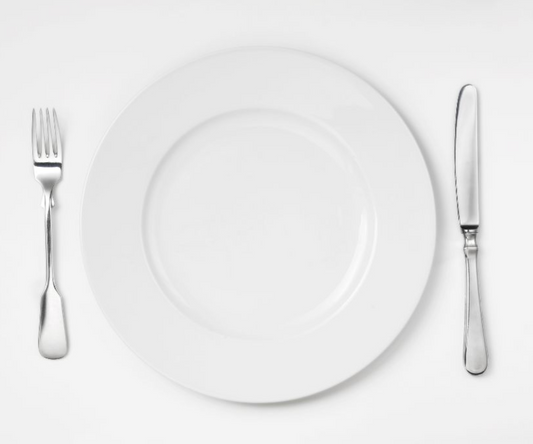Is plating up time a fair and balanced exercise in your house?
Does everyone get the same portions when it comes to plating up? Or do the males in the family ask for, and happily receive, more? Maybe the females fight for portion size equality?
Men tend to think they need to eat more than women, but we all know that girls ain’t what they used to be. They’re not necessarily weak, delicate and have a low appetite or pretend to not be hungry. It’s quite likely that a woman who is tall, athletic and with plenty of lean muscle will require more food than a short, muscle deprived man.
A strong woman of average height with good muscle mass can plate up well on the right foods and even challenge any mealtime arguments that she needs less food because she’s a woman.
Gender is not really the determining factor when it comes to portion size. It’s more about lean muscle mass.
While it’s true that men genetically and hormonally tend to have more muscle tissue than women, take more notice of the lean weight when dishing up tonight’s dinner. As a rule, the more muscle you have, the more food you need.
It’s common to just give everyone the same amount of food – including yourself. But, take a moment to think about the size of that steak, and the results will show.
On our program, we have a great way of determining how much protein is needed a day by doing a fat loss projection report. It shows how much lean weight you have and is on our website.
Generally, if you’re a relatively sedentary young person, you’ll need 0.1kg of protein per kilogram of body weight. If you’re active and older, you’ll likely need more protein. It may jump to 1.5kg of protein per kilogram of body weight. But that person would need to be super active and older because age affects the rate of protein absorption.
It’s yet another argument for increasing muscle mass and eating plenty of protein, without ever overeating of course.
There’s a common condition that afflicts older people, known as sarcopenia, where muscles deteriorate in mass, quality, and strength. It increases the risk of falls, visceral fat, bone density loss, heart disease and increased insulin levels. When combined with obesity, it’s an even greater danger because without muscles, our body isn’t running on a strong engine.























